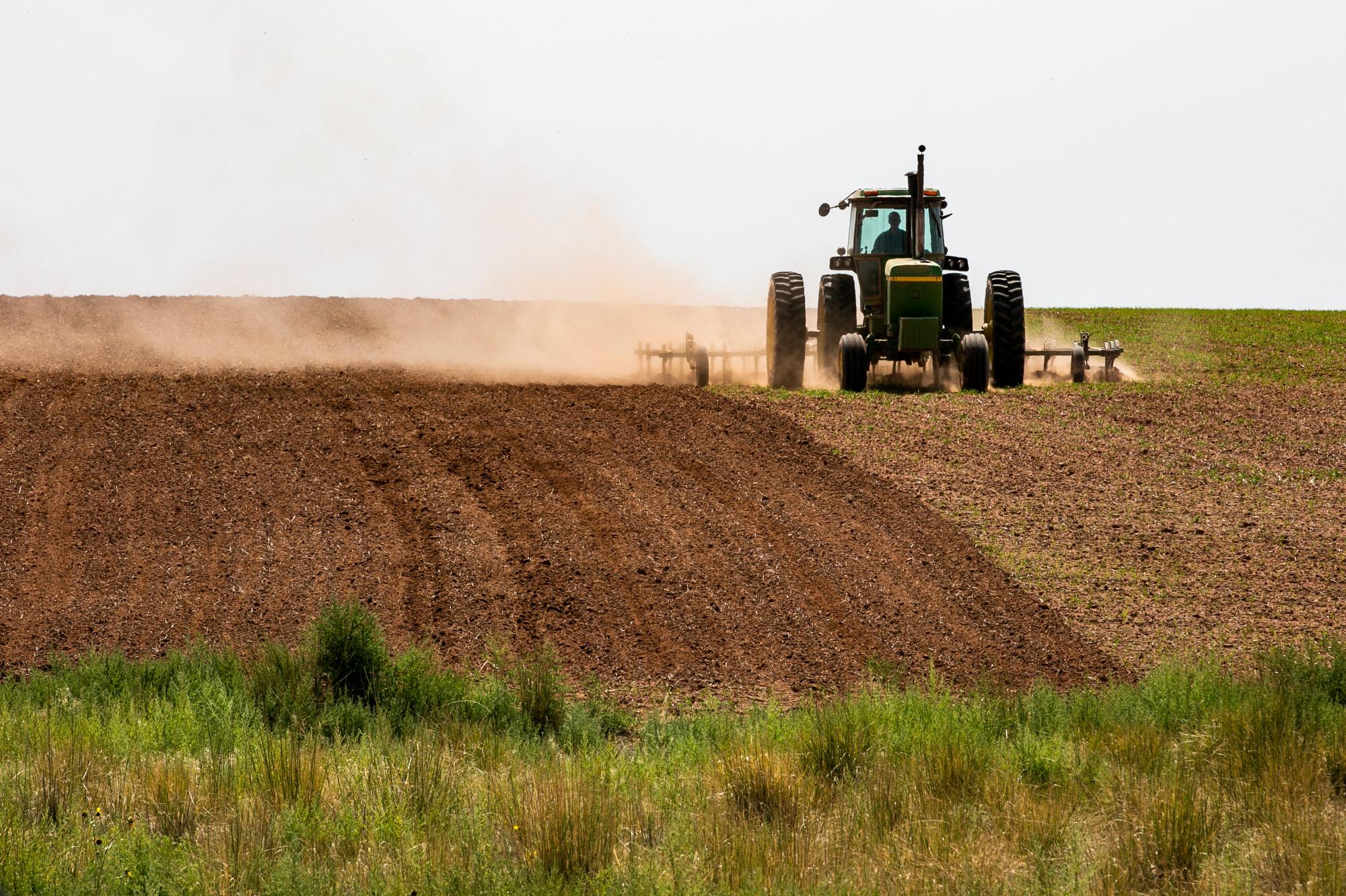
Farmworker advocates sued Gov. Jared Polis and the state’s labor department on Thursday in an effort to block a new set of rules that create Colorado’s first-ever framework for overtime pay in the agriculture industry.
Workers and farmers have criticized the rules for being confusing and difficult to implement across the industry, which has operated without overtime requirements for decades. Colorado’s Department of Labor and Employment adopted the historic plan last November at the direction of SB21-087, the landmark labor rights legislation passed last year.
The challenge filed in Denver District Court alleges the rules violate the new state law and discriminate unconstitutionally against Colorado’s 37,000 agriculture workers, who are predominantly Hispanic and Latino.
An initial complaint was filed in February, but attorneys for the plaintiffs decided to officially serve the governor and CDLE with the lawsuit on March 31, Cesar Chavez Day. The national holiday commemorates the work of the famous labor activist.
The suit was filed by a group of local law firms on behalf of Colorado Jobs with Justice and Patricia Vital Rangel, a former farmworker.
“The department maintained an unreasonable and unjustifiable overtime standard for farmworkers that is uniquely weak compared to the overtime requirements applicable to other workers,” the suit says. “That double standard is rooted in racially discriminatory federal law.”
Overtime pay generally refers to a higher pay rate earned by hourly employees who work beyond a specific set of hours.
In Colorado, many, but not all industries, follow a standard framework of 40 hours per workweek. Employers must pay hourly workers time-and-a-half for any hours worked beyond that.
Workers can also qualify for daily overtime pay if they spend more than 12 hours on the job in a single day. The two guardrails are designed to protect employees from abuse and improve working conditions.
The state’s new rules for farm workers differ slightly.
The laws will phase in over the next four years starting in November. At that time, farmworkers will receive overtime pay only if they work more than 60 hours a week or 15 hours in a single day.
Then, in January 2024, the number of hours required to collect weekly overtime will drop. By how much depends on the size and type of farm operation.

“Highly seasonal” farms that hire a large number of employees during a specific harvest time will pay out weekly overtime after 56 hours worked during peak season. During the rest of the year, that number falls to 48 hours a week.
“Small agricultural employers,” which refers to farms that employ fewer than four workers each year, can stick to the 56 hour threshold year-round.
Several highly-seasonal Colorado industries, such as ski resorts, have similarly elevated overtime thresholds, according to CDLE.
During rulemaking for the new ag overtime requirements, farmers pushed for a more flexible system due to the unique needs of the industry. Many worry higher labor costs will eat into their bottom line and affect food prices.
Plaintiffs in the new suit say CDLE bucked the requirements laid out by SB21-087 in favor of employer requests.
“There's a clear disconnect between what the legislative bill intended to do as opposed to what the ruling outcome was,” said Pamela Reséndiz Trujano, executive director with Colorado Jobs with Justice, a grassroots coalition of labor and community groups.
Both Gov. Jared Polis and CDLE declined to comment on pending litigation through separate spokespeople.
Plaintiffs hope to redo the overtime rules
Through the lawsuit, the plaintiffs hope to overturn the new overtime rules as written and restart the rulemaking process, said Hunter Knapp, one of the plaintiff’s attorneys.
“We think there's a simple answer and it is 40 hours a week, 12 hours a day just like the rest of Colorado's workers,” Knapp said. “Many agricultural workers work 60 or even 70 hours a week during the summer and not only does this take an incredible toll, it also means they're spending that time away from their families.”
Many proponents of SB21-087 cited Chavez’ work as inspiration for the original bill as it moved through the legislature.
“It is not a coincidence,” Knapp said. “Serving the lawsuit today is not necessarily an homage but it aligns with the movement he started.”









